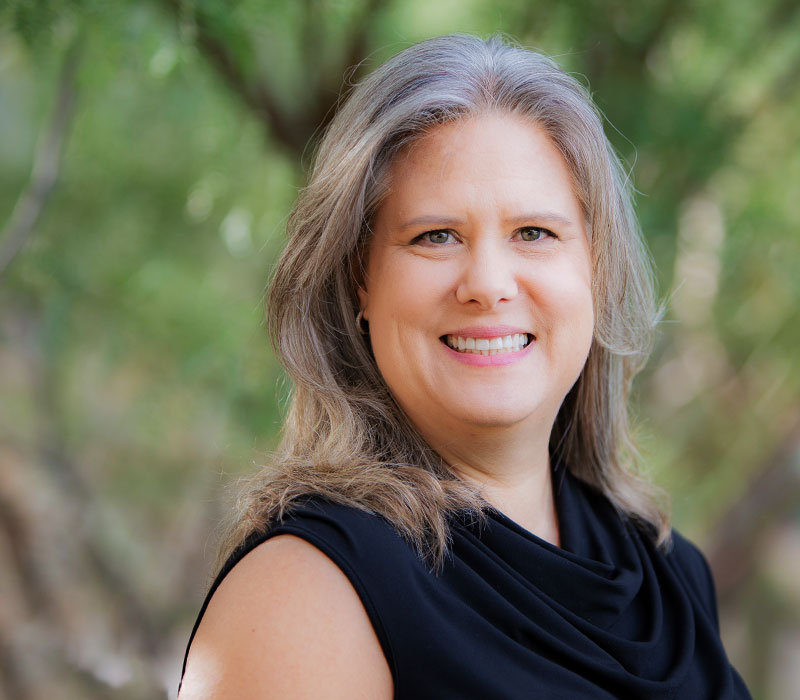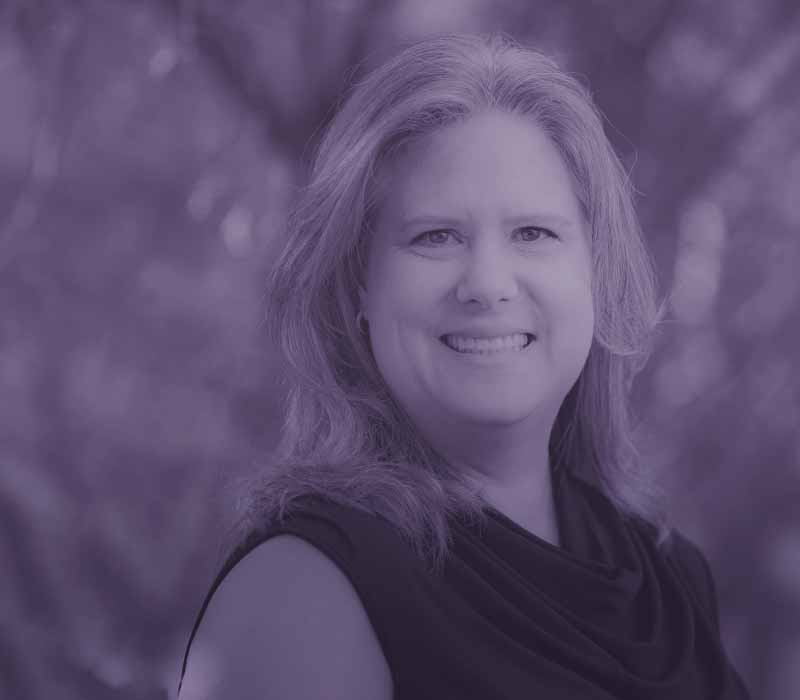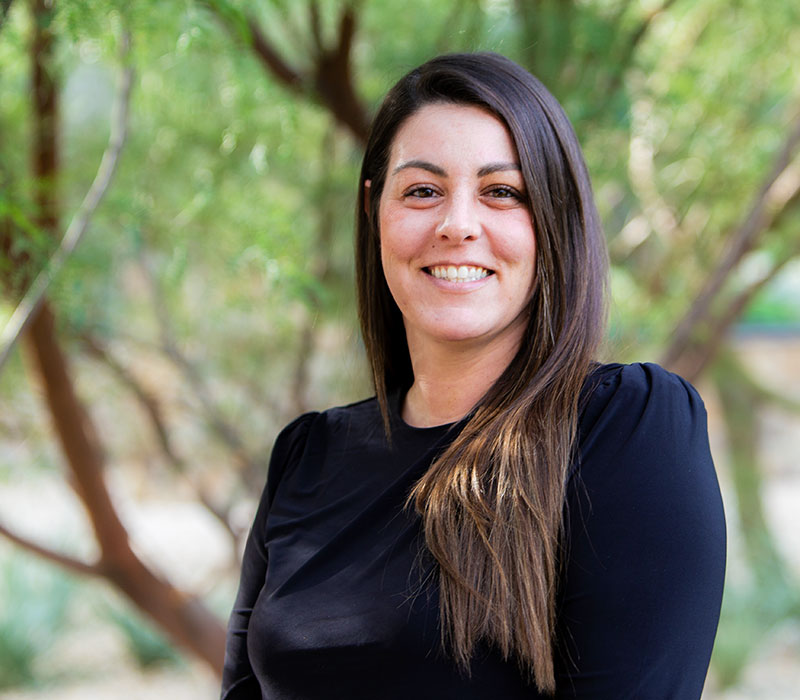As the financial landscape begins to change and more wealth starts to transition to women—primarily due to inheritance and longevity—a major opportunity has availed itself to financial advisors willing to adapt and focus on them.
According to McKinsey research, by 2030, women are expected to control most of the $30 trillion in assets currently held by baby boomers, meaning that right now is the perfect time to begin working to understand their motivations and objectives. In fact, their goals will likely differ from those of men. They may want to retire earlier or use their funds for different goals, perhaps to benefit their children or grandchildren, save the environment, or help society in general. Lending a listening ear will steer you and your firm in the right direction if you’re truly looking to make these connections and address women’s wants and needs.
Additionally, a recent study showed that women appear to be more interested in annuities than their male counterparts.
Alliance for Lifetime Income reported that 48% of women between 61 and 65 were interested in owning an annuity product that guarantees income for life. Meanwhile, only 37% of men between 61 and 65 expressed interest in annuities despite the fact that they were twice as likely to be educated about and familiar with annuities as women were. Furthermore, nearly 60% of women said their financial advisor doesn’t explain or discuss annuity options, while only 44% of men said the same of their advisors. Conversion rate also differed by gender, as 43% of women purchased an advisor-recommended annuity versus just 20% of men who followed their advisor’s recommendation.
Obviously, the data collected from this study depicts not just a great disparity, but a massive missed opportunity for advisors to position their clients with financial and insurance products that could potentially align with their goals and varying appetites for market risk. But why does the approach for advisors change when working with women? Well, the truth is that when it comes to the planning phase, it shouldn’t. No matter who sits across from you, it’s always a good idea to lead with a goal-oriented approach. This begins with a research and discovery period during which the advisor gets to know the client’s circumstances and objectives, thereby giving them a better chance to devise a financial strategy that caters to those goals.
It’s important to remember that women, just like men, want to be heard, understood and respected. When sitting down with a couple, one of the easiest ways to eliminate perceived biases or preconceptions is to address each partner equally. Give both the freedom and space to speak, and be sure to hear the concerns, ideas and goals of both parties. Then, you might be able to make a more appropriate recommendation based on the wants and needs of the couple as a whole, as well as the woman, who on average is expected to live six years longer than her husband. (And by focusing on her equally, you may keep her as a client once her husband passes away, rather than lose her entirely.)
Women’s average longer lifespans undoubtedly come with different planning needs. Their money may need to last longer than men’s, they may need reliable retirement income throughout their life, they may need products that offer optional coverage for long-term care, or that replace lost income from the death of a spouse.
Many of our advisor partners recommend laddering or bucketing for retirement, with annuities being used alongside Social Security for monthly income that covers expenses, and other investments used for growth with laddered 5- or 10-year timelines. In this case, using a protection-based approach to income that incorporates an annuity could be helpful, even giving women a chance to earn sustained growth without being subjected to the risks of the market, and providing a source of income they can’t outlive.*
The next great wealth transfer is on the horizon, and now is the time to begin preparing for it by building a client base that is confident you have their best interests in mind. Women are more interested in annuities than men are, so be sure to discuss them.
If you have any questions about annuities for women or incorporating annuities into client portfolios, please give us a call at 800.440.1088.
Learn more about the growth of women’s wealth here: Women’s Wealth Is Growing Faster Than Ever
Sources:
https://www.protectedincome.org/prip/
www.protectedincome.org/wp-content/uploads/2023/07/2023-PRIP-Report-Women-v-Men-FINAL-072623.pdf
https://www.cbsnews.com/boston/news/life-expectancy-gap-men-women-continues-to-grow-cdc/
*Lifetime income guarantees provided by annuities are backed by the financial strength and claims-paying ability of the insurance carrier.
A natural coach and leader with 20 years in the industry, Jim uses his vast experience to deliver the most successful strategies to our advisors.















